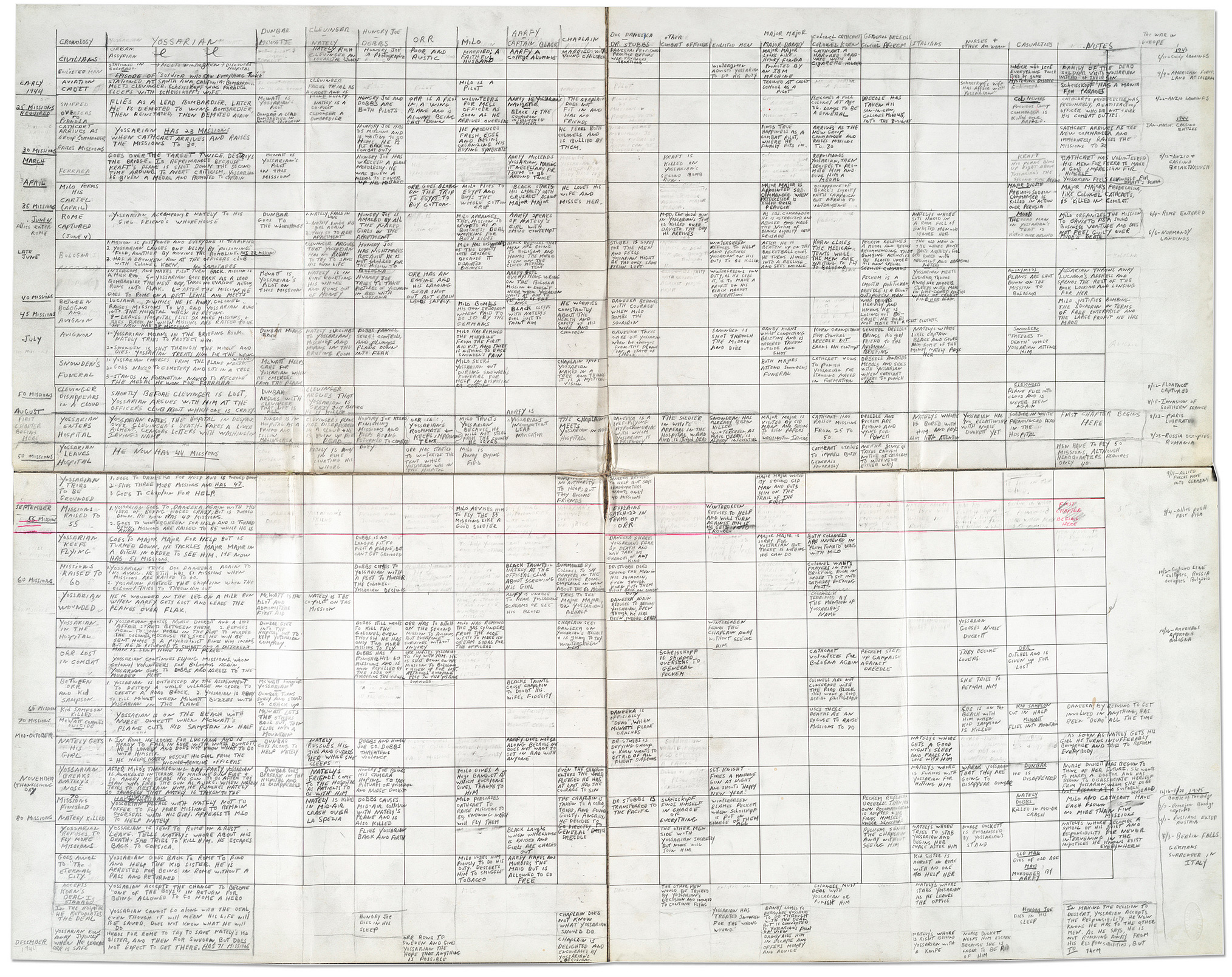But I was not unaware of her existence, so decided now was the time to give one of her books a try. The two generally cited as her best, Atlas Shrugged and The Fountainhead, are not particularly conducive to a year of reading more than one book, so instead I opted for the lesser-known 1938 novella Anthem.
Anthem portrays a future society under supreme control - citizens devoid of all individualism to the point where the narrator refers to himself exclusively in the third person, and each character is assigned a number rather than a name. Technology and cultural activities are also strictly limited, and it is alluded that both of these played a part in the destruction of the society that preceded the current one. The whole is presided over by a council of elites; the similarities with the Soviet Union are clear, although the extent to which that is true borders on prescient considering the date of writing.
Our hero, the snappily named Equality-2521, stands alone as an individual seeking to escape from this system. Having been identified as a potential troublemaker at an early age, he is consigned to a life of sweeping the streets of his city. But this cannot crush his spirit, as he studies science in secret and dreams of escaping from the city with a peasant girl he has seen working in the fields.
Political connotations aside, Anthem is a brilliantly written book. While 1984 portrays a truly viable vision of a future police state but is hampered by Orwell's appallingly ham-fisted prose style, and Brave New World is well written but has dated somewhat, Anthem suffers from neither of those issues, and it must be borne in mind that it is from broadly the same period as both. Rand's writing is perfectly concise, revealing just enough about the world of her novella for the reader to understand the context, but still building up to the reveal of the mystery at the end.
The ending is certainly the main source of contention. While the "forbidden word" that has been hinted at up to this point is somewhat predictable, it still serves as a relevant reminder of the dangers of a society where individualism is suppressed to too great an extent. However, the new direction followed by Equality-2521 and the girl, Liberty 5-3000 - living at one with nature outside society - seems somewhat trite, and really isn't a million miles from the Völkisch ideology that the Nazis were pushing in Germany at the time. It's easy to see why Rand's works are so beloved by the libertarian right, but in the case of Anthem I think they've actually missed the point. As the novella concludes, there are hints that the new, rather isolationist, commune built by Equality-2521 will eventually head down the same route that led to the self-destruction of the society of the "Unmentionable Times". A cycle in which there is no real winner, perpetuated by the tendency of human nature to scramble to extremes in both directions. Sobering stuff.
5/5
Pretty much everything is banned in Anthem; L'Orange and Mr. Lif's The Life and Death of Scenery imagines a world in which that extends merely to all forms of culture. It was probably the second best sci-fi rap album of 2016.
